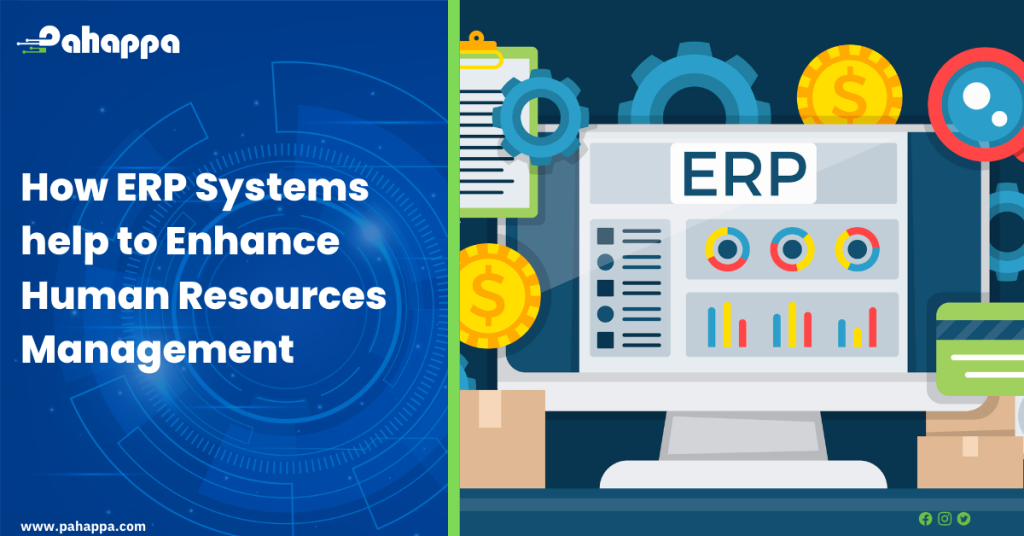Enterprise Resource Planning (ERP) systems are comprehensive, integrated software solutions that enable organizations to manage their business processes and operations more efficiently. The Human Resource module in ERP systems is the module responsible for employee management and goals. With your HR module embedded in your ERP, you can be able to monitor employee KPIs and track different department goals. Each employee can also have personal records on payments, leave requests, and recruitment.
ERP systems can help enhance human resources management in a number of ways, including:
- Streamlining HR processes: ERP systems can automate and streamline many HR processes, such as employee onboarding, recruitment, performance reviews, and benefits administration. For example, knowing how long the recruitment process takes, an ERP can streamline this by setting up minimum requirements used to recruit an employee. If these requirements are not met then candidates are automatically taken out and all those that meet the requirements are shortlisted to the next level. This can save time and reduce errors, enabling HR staff to focus on more strategic activities.
- Enabling better workforce planning: ERP systems can provide HR managers with real-time data on workforce demographics, skills, and performance. This is necessary for the HR department to monitor employee management because having information like payroll modules or performance modules in real-time can minimise mistakes. This can enable more effective workforce planning and talent management strategies.
- Improving employee engagement: ERP systems can provide employees with self-service access to HR information, such as payroll data and benefits information. Employees can easily request information on activities like leaves or clarification on their payroll. Because employees can easily engage with the system, they are bound to increase engagement with management. This can improve employee engagement and satisfaction by providing them with greater control over their own HR-related activities.
- Enhancing compliance and reporting: ERP systems can help HR managers stay compliant with legal and regulatory requirements, such as those related to payroll taxes and employee benefits. This can be done when the HR department automatically incorporates taxes and benefits into the system. That way, the employees will not be taxed for following up with the regulatory requirements on their own. They can also provide comprehensive reporting capabilities, enabling HR managers to analyze and report on HR-related data in real time.
- Integrating with other systems: ERP systems can integrate with other business systems, such as customer relationship management (CRM) and supply chain management (SCM) systems. This can enable HR managers to access and analyze data from these systems, providing a more holistic view of the organization’s operations. This is very important for the HR department when it comes to employee performance.
ERP systems can help organizations manage their human resources more efficiently and effectively, enabling HR managers to focus on strategic initiatives and enhancing the overall employee experience. To earn more about ERPs and how to get started on one for your company, visit us here.











